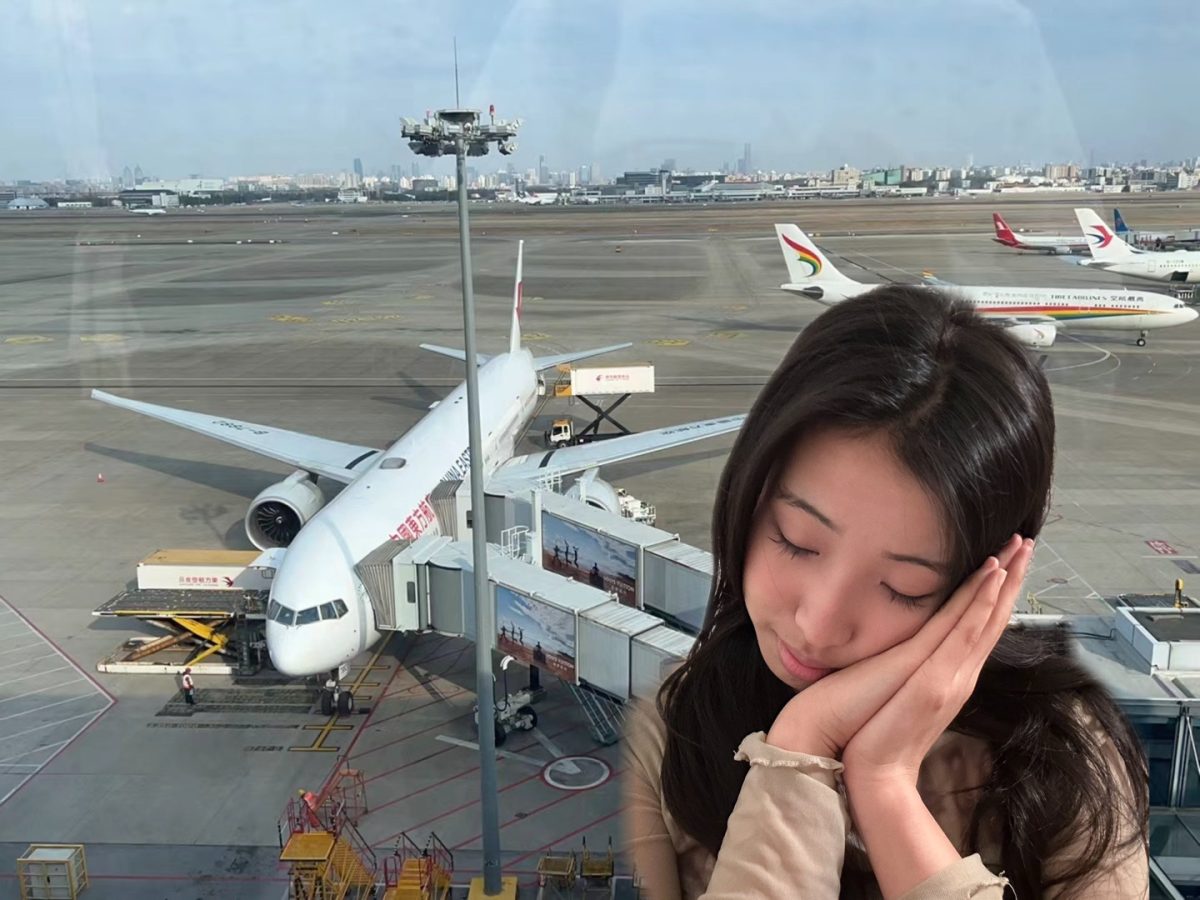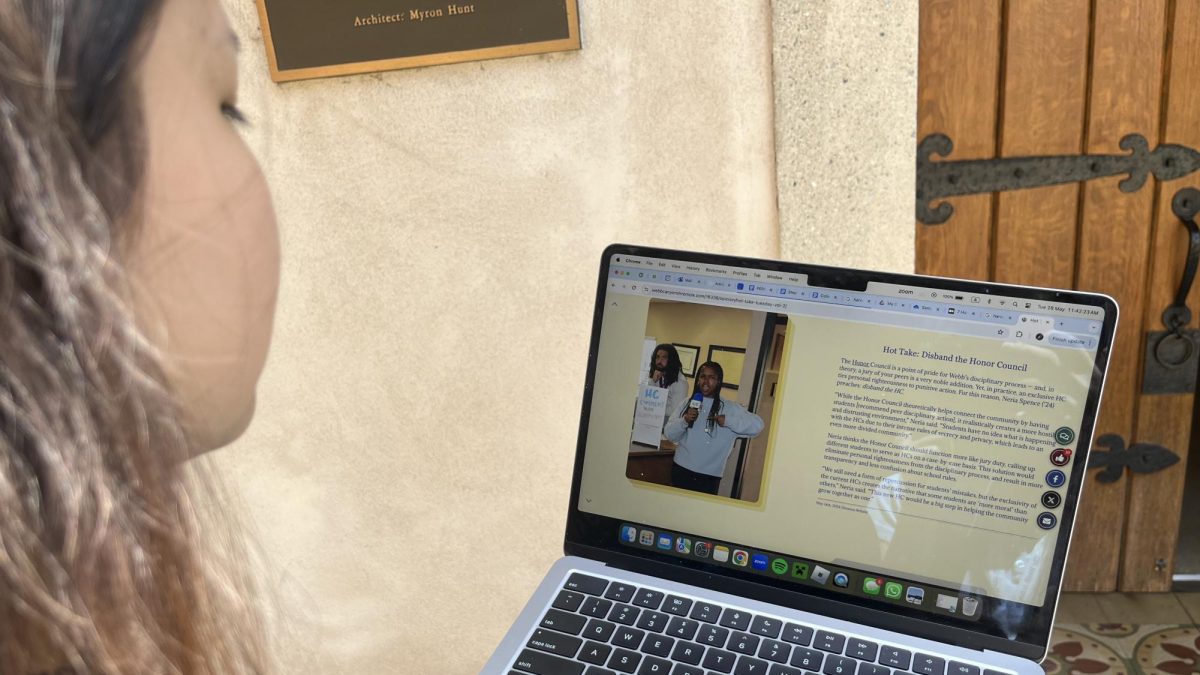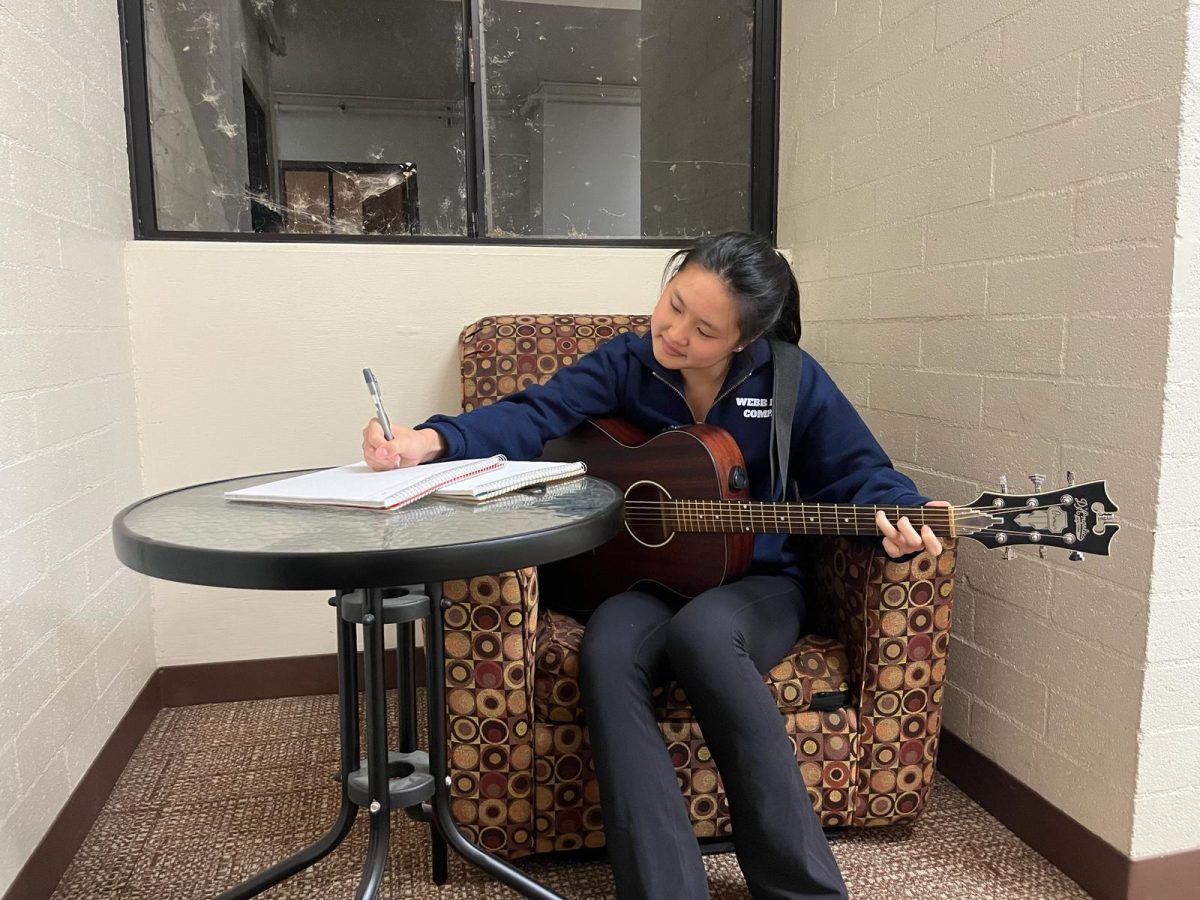If you are a traveler, an international student, or someone needing to catch an international flight, you may find yourself encountering a daunting challenge — a phenomenon called jet lag where days and nights are switched around, leaving you with sleep deprivation, exhaustion, and a whole new country that you need to swiftly adapt to.
Naturally, you want to alleviate your symptoms as fast as possible.
“Usually, people take around an hour a day to regress, up to about five or seven days,” said Eric Vos, Health Center Director, who often discusses jet lag topics with international students during counseling.
To shorten the recovery period, there are a few things you can try. First, preparing for the time shift before your flight is helpful for when you land.
“People in my family would do time shifting pretty often,” Mr. Vos said. “Sleeping earlier or later based on your destination’s time zone a few days earlier may result in a better locking of the biological clock.”
There are also natural supplements like Vitamin B12 that could help your body adjust to the time zone differences by supporting sleep duration and regulating sleep-wake cycles.
“I actually take those [supplements], and they work really well for me,” Mr. Vos said. “Take one on the plane every two hours, and when you get there, you feel less effects.”
Upon arrival, always be sure to give yourself grace. Even if you are at 6 a.m. biological time and push through until nighttime, it will still take a few days for your biological clock to fully adjust. Therefore, you should take small naps, stay hydrated, and avoid rigorous exercise to ensure feeling as good as you can.
“Once you get [to Webb], you can get some melatonin from the health center,” Mr. Vos said. “You can drink certain types of tea or milk that help slow down the nervous system.”
Sleeplessness and jet lag will slowly but surely disappear as the sun rises and sets, but it’s always nice to promptly be back on track.









